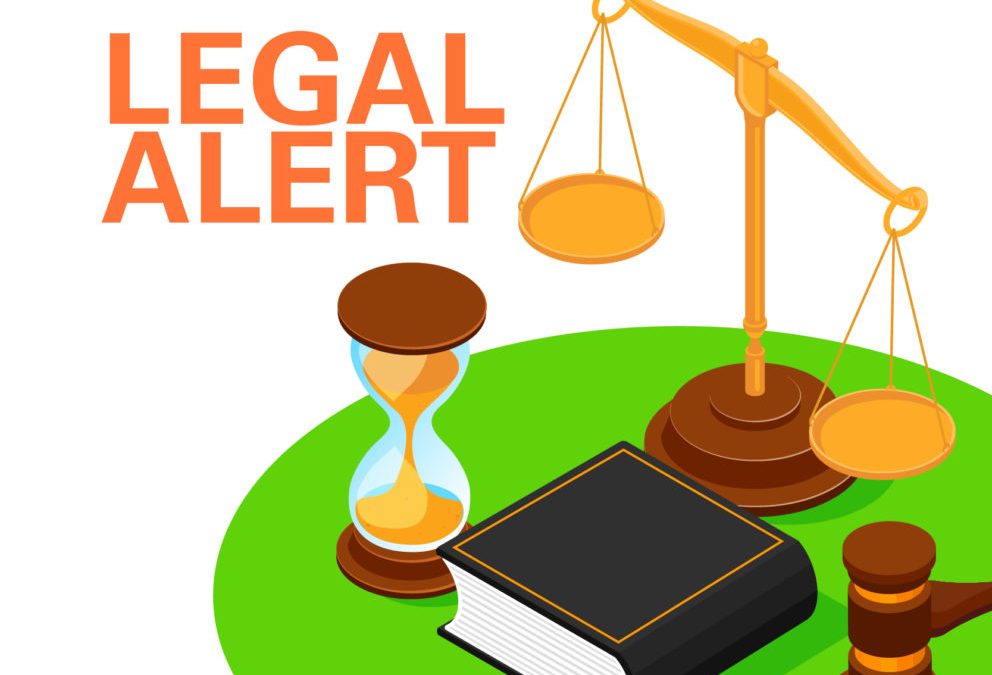In the wake of the COVID-19 pandemic, many employers are dealing with how to handle Dependent Care Assistance Programs (DCAPs) when employees are no longer working and not in need of childcare, or alternatively, an employee’s childcare program/center/provider has closed due to the pandemic.
DCAPs, sometimes referred to as “dependent flex spending accounts” are an employer sponsored plan to provide the exclusive benefit of dependent care assistance. Under the Internal Revenue Code (IRC) employees can exclude up to $5000 annually from the gross income for dependent care. DCAPs are subject to flexible spending arrangement rules under the IRC.
General Principles
Because of their tax favored status, DCAPs are subject to many regulations. Any common law employee can participate in a DCAP. In order to have dependent care expenses reimbursed by the program the following general requirements must be met:
- The expense must enable the employee (and their spouse) to be gainfully employed
- The expense must be for a qualifying individual (a child under the age of 13)
- The expense must be for care, not education (daycare is acceptable, private school tuition is not)
- The expense must be incurred in the coverage period (the plan year)
- The expense must be substantiated
Exclusion from Income
An employee's exclusion from income for payments under a DCAP in a calendar year is limited to the smallest of the following amounts:
- $5,000 if the employee is married and filing a joint return or if the employee is a single parent ($2,500 if the employee is married but filing separately);
- the employee's “earned income” for the year; or
- if the employee is married at the end of the taxable year, the spouse's earned income
The spouse of a married employee is deemed to be gainfully employed and to have an earned income of not less than $250 per month if there is one qualifying individual, or $500 per month if there are two or more qualifying individuals in each month during which they are a a full-time student; or is incapable of self-care and has the same principal place of abode as the employee for more than half the year.
Reimbursements
Reimbursements are subject to the same rules as flexible spending arrangements (FSAs). The period of coverage must be 12 months unless there is a short plan year. DCAPs that are underspent lead to forfeited money, unused contributions cannot carry over from year to year. DCAPs are not subject to COBRA and the participant has no right to coverage after their plan participation terminates. Employers can provide for a spend-down provision in their plan documents to allow former employees to receive reimbursement through the end of the plan year in which they terminated employment and coverage. If the plan document does not provide for this spend down, the funds are forfeited.
Under the cafeteria plan regulations, elections are irrevocable unless a permitted event occurs. For DCAPs this is:
- A change in status
- A change in cost and coverage
- FMLA (employees taking FMLA leave can revoke elections of nonhealth benefits and reinstate their benefits upon return from leave)
It is likely that many of the reasons an employee no longer needs childcare as the result of the COVID-19 pandemic would allow them to change their DCAP contributions, potentially reducing them to zero dollars, particularly if their child has been pulled from care (change in cost and coverage), or they are taking FMLA leave (including newly created FMLA leave under the new Families First Coronavirus Response Act).
Therefore, employers should be lenient and allow employees to change their DCAP contributions within the above scenarios. Employers with employees who are laid off (not expected to return to work) should consult with counsel to see if their plan documents allow for a spend down, or if that change can be made mid-plan year.
About the Author:
Danielle is the Director of Compliance for Alera’s Employee Benefits division. She previously served as the Senior Vice President of Compliance and Operations and Chief Compliance Officer at United Benefit Advisors (UBA). Additionally, she served as an Adjunct Professor at DePaul University. She worked as a Senior Writer Analyst at Wolters Kluwer and as a Law Clerk at Clifford Law Offices. Danielle graduated with a B.A. in Sociology, History, and Business at Tulane University. She earned her JD in Health Law from DePaul University College of Law.
The information provided in this alert is not, is not intended to be, and shall not be construed to be, either the provision of legal advice or an offer to provide legal services, nor does it necessarily reflect the opinions of the agency, our lawyers or our clients. This is not legal advice. No client-lawyer relationship between you and our lawyers is or may be created by your use of this information. Rather, the content is intended as a general overview of the subject matter covered. Those reading this alert are encouraged to seek direct counsel on legal questions.

